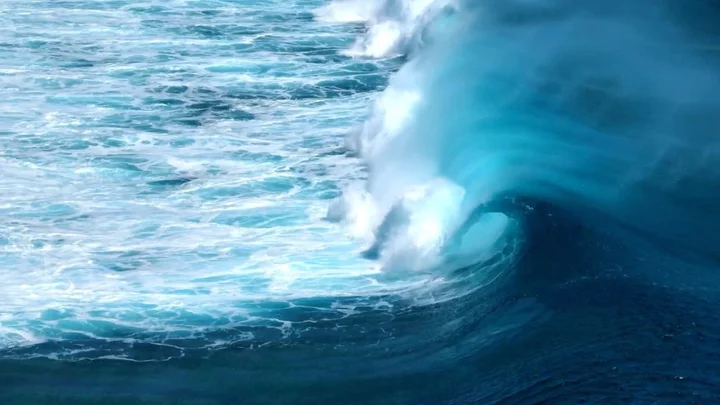Scientists are learning new things all the time about the early days of life on Earth, and a new discovery could change our understanding of evolution in our oceans.
Algae are among the most vital life forms of the planet today – and new research into algae’s ancient ancestors makes for intriguing reading.
Palaeontologist Tom Harvey from the University of Leicester believes he’s found fossilised phytoplankton which was key to the makeup of the oceans 500 million years ago.
A new study authored by Harvey and published in the journal Proceedings of the Royal Society B focuses on samples he found in rock from Newfoundland, Canada,
While there’s more known about the early animals that dominated the food chains at that time, the smaller organisms around 500 million years ago are still relatively unstudied.
Harvey’s research focuses on the microscopic creatures – and it all came about by chance.
While he was actually looking for animal skin in rocks using a microscope, he instead stumbled upon collections of geometric clusters, which he later concluded were ancient forerunners to algae.
“The cells were quite big, they formed quite a large colony that has this amazing geometry,” he said.
“It was just too mysterious. I didn’t even want to hazard a guess.”
According to Harvey’s findings, it’s evidence that the animals at that time filtered seawater for phytoplankton – which would mark the earliest evidence of them doing so, which is vital to the makeup of ocean ecosystems.
Like today’s life forms, it’s thought that chemical signals sent by nearby animals caused the ancient samples to divide and grow.
It also fills a space in the records of phytoplankton and helps to paint a well-rounded picture of evolution over time, given that the phytoplankton we see today only traces back around 200 million years ago.
Sign up for our free Indy100 weekly newsletter
How to join the indy100's free WhatsApp channel
Have your say in our news democracy. Click the upvote icon at the top of the page to help raise this article through the indy100 rankings









